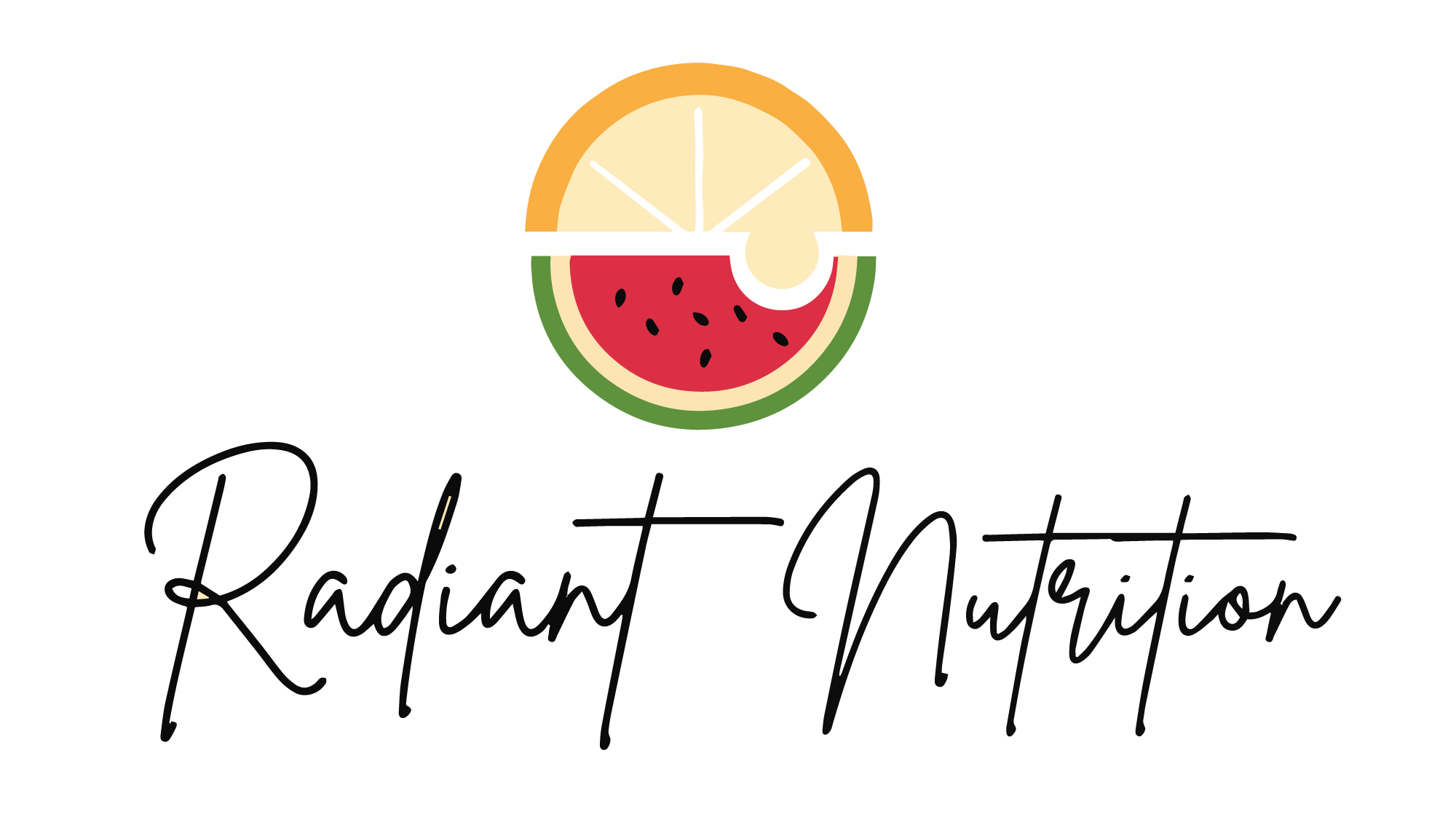A Dietitian’s Thoughts On Orthorexia
Orthorexia is becoming more and more prevalent in day to day life as uneducated “influencers” give unsolicited nutrition advice. WIEIAD (what I eat in a day) videos are all over the place and the varying opinions of public figures can be so confusing. What’s more, they do their best to convince you that they’re right! Body checks are often put in the beginning of the video too in order to make people pay attention to the content. On the flip side, however, there are many public figures who continue to share positive messages about recovery, fueling your body, and listening to YOUR hunger cues.
So, how can you recognize orthorexia in yourself or others? Orthorexia is defined as an obsession with eating what one considers “healthy” food. The key word here is obsession. Questions to ask yourself are:
Do I label all foods as either “healthy” or “unhealthy?” (or good/bad)
Do I allow myself to eat something I’ve deemed “unhealthy” if I am craving it?
How do I feel after I eat something I have deemed unhealthy?
Have I found myself losing time worrying about eating enough “healthy" food or eating too much “unhealthy” food?
Am I preoccupied with the ingredients list and/or nutritional facts label of foods when I go grocery shopping or am eating at a friend’s house?
Will I allow myself to branch out and try something new if I do not know what’s in it or if its a different brand than what I’ve deemed healthy?
How often do I turn down invitations to spend time with family, friends, or coworkers because I am fearful of what the food options will be?
Do I have a long list of food rules I need to follow in order to not feel guilt?
These are just a few questions that may help you question whether or not you need support in developing a healthier relationship with food. We are here to help! If you or a loved one struggles with disordered eating habits, reach out. It may also be helpful to unfollow those on social media that make you feel bad about yourself or your eating habits.
Written by Trinny Duncan, Student Intern and Peggy Pratt, PhD, RDN, LDN, CEDS-C

